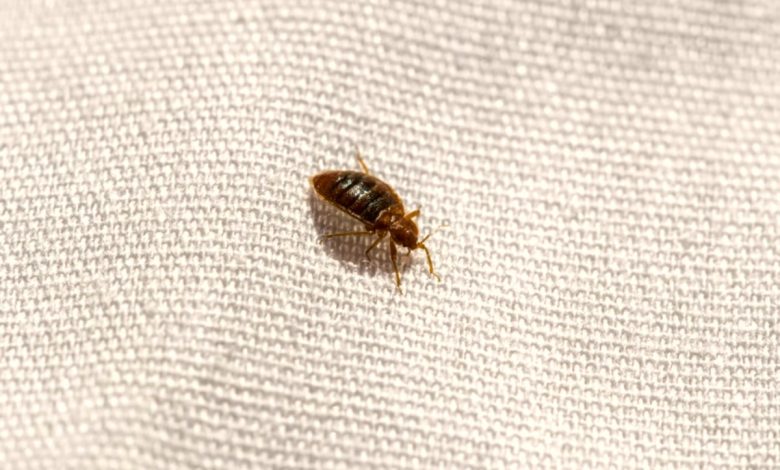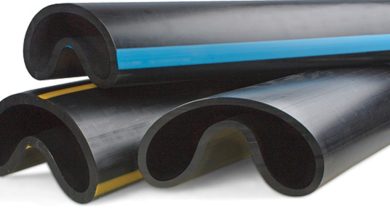Heat Or Chemical- Which Is The Best Treatment For Killing Bed Bugs?

If you haven’t heard as of now, killing bed bugs is very hard. These strong pests can be tracked down anyplace on your bed, walls, baseboards, sofa, and even inside cracks and holes in furnishings. They are very difficult to find due to their ability to stay hidden.
Even though you could get rid of them from one region very easily, there are chances that bed bugs are staying hidden in more than one part of your property. Since they can go on your clothing, it’s simple to comprehend that they will not only stay within your mattresses.
By remembering these common facts, we need to think about the distinction between using chemicals to kill them and extreme heat treatment. Before you search for a “best bed bug exterminator near me” here is what you should know about these two options:
Heat Treatment
Heat treatment includes bringing the temperature up in your home to the point it’ll kill bed bugs. A pest control expert will put particular heaters all through your home, bit by bit raising the temperature to more than 130 degrees Fahrenheit. Strategically positioned fans circle the hot air, really transforming your bed bug invaded rooms into a convection oven.
A bed bug will die quickly if it’s exposed to temperatures in the 110 to 120 degrees Fahrenheit range. They’ll pass on instantly once the heat increases past that. That is the temperature we focus on.
The entire cycle happens cautiously, under a day, and is powered by a single generator.
Heat Treatment Pros
- There are no lingering impacts: Once the heat in your home gets normal as usual, the main enduring change you’re left with is a lot of dead bed bugs. This is an advantage if you stressed over chemical deposits in your home.
- It’s typically a single treatment: If done right by the bed bug exterminator, a heat treatment to eradicate bed bugs will require only one treatment. Chemical treatments as a rule require more sessions.
- Heat treatment is attentive: Let’s face it; having your home treated for bed bugs isn’t by and large something you want to promote to your neighbors. Heat treatment is prudent. All that is apparent from the road is a generator, which you could undoubtedly used for anything from running fans to dry paint, or steam cleaning your floor covering.
- It attacks bed bugs where they’re often defenseless: Bed bugs are resilient bugs, and they’re amazingly great at surviving. Also, a few breeds are resistant to specific pesticides. The benefit of heat is that, unlike chemical treatment, it gets all over. Regardless of the number of layers of bedding or fabric a bed bug is hiding under, the heat can reach and kill it. Heat is likewise dangerous to bed bugs throughout all their life-cycle. They can run but can’t hide from this treatment.
Heat Treatment Cons
- Heat treatment won’t prevent bed bugs from returning: Heat leaves no lingering impacts. Without lingering chemicals giving a preventive barrier, they might return. In any case, keeping your home liberated of messiness and completely cleaning your bedding always are both viable non-chemical bed bug prevention measures.
- You’ll have to set up your home: During treatment, your home should empty, including your pets. You’ll likewise presumably have to take out heat-sensitive things like wax and colored pencils from the house. Our pest control specialists can offer guidance on what’s safe to keep in your home and what ought have to taken out.
Chemical Treatment
Chemical treatment includes exposing chemical pesticides all through the house. Commonly, you will need to search for “bed bug companies near me” online for this treatment. The pest control professional will utilize three sorts of chemicals: a contact insecticide to quickly destroy easy-to-reach bed bugs, a residual (lingering) chemical to kill bed bugs way after the treatment, and a residue to give longer-enduring protection in crevices and cracks in and around pervaded rooms.
The effectiveness of chemical treatment relies upon reaching the bed bugs. Dissimilar to heat, chemical treatment is site-specific. Such treatments are successful after a couple of repetitions, to certain no bed bugs have missed.
Chemical Treatment Pros
- Chemical treatment can be profoundly successful: Especially if you get the infestation in its beginning phases, chemicals can annihilate bed bugs quickly and effectively. Besides, the blend of fast-acting pesticides with tidies and remaining chemicals implies you can successfully eliminate bed bugs over the long haul, and all through each phase of their life-cycle.
- It can assist with forestalling future infestations: Residual chemicals go about as a barrier against future bed bug infestations. While the proceeded with presence of chemicals in the house is certifiably not an ideal solution for everybody, it obviously offers long-lasting protection.
- It’s practical: Chemical treatment is frequently somewhat more affordable than the bed bug heat treatment choice. So, you can search for “chemical bed bug treatment brisbane/your location” online to treat your place.
Chemical Treatment Cons
- Chemical treatment requires a great deal of preparation: The chemicals need to contact the bed bugs. This implies you’ll need to completely prepare the swarmed regions, eliminating all the barriers so that the chemical can reach the bed bugs where they are hiding. Chemical treatment requires time, preparation, and cautious preparation. Meaning, you will need to invest some time eliminating and then adding some of your furnishings or appliances.
- It opens your home to leftover chemicals: While these chemicals are okay for private use, if you have pets in your home or people with chemical sensitivities, the chemical treatment course may not be for you. Search for other “bed bug treatment near me” online.
- Chemicals don’t kill the bed bug egg: Unfortunately, chemical treatments don’t kill the bed bug egg. That is truly bad news since a female bed bug can lay 5 eggs per day.
- It’s not guaranteed to get you completely bed bug-free: Chemical treatments require a pest exterminator to carefully find and target regions where the bed bugs are generally infesting. As you’ve as of now learned, these critters are sneaky! Hence, chemical treatments normally work best when applied a few times over a time of a few days or weeks. Hence, it’s often a less effective and less cautious option.
Now that you know the advantages and disadvantages of both of these treatment options, we hope you now know which one to choose for your situation. Whatever you do, do not try to kill them with DIY methods as those will not work in your favor. Stick to searching for a “bed bug treatment specialist near me” for the best result.






